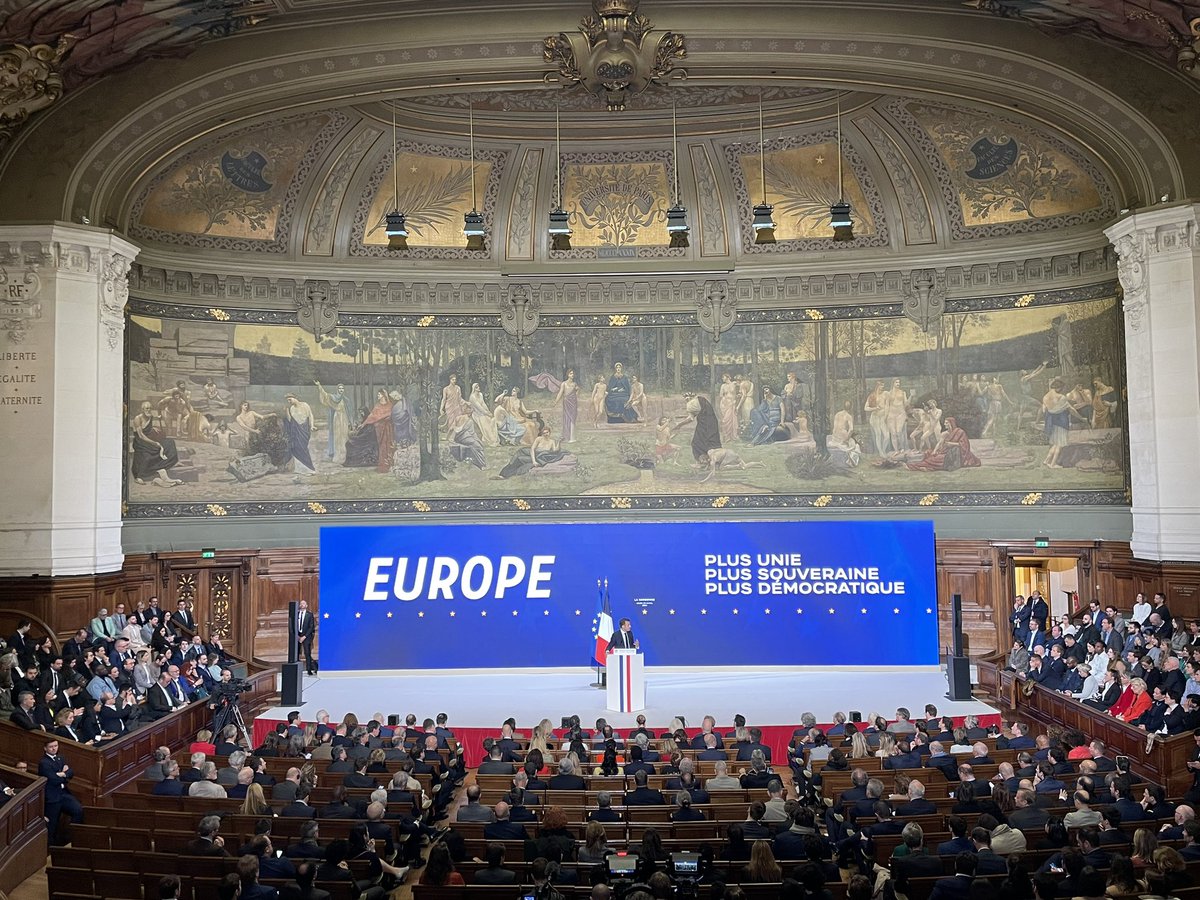.@EmmanuelMacron and @BorisJohnson holding a press conference:
1. Withdrawal agreement: Macron says deal on the table is the outcome of compromise where both sides gave in. Open to further talks but UK must put fwd workable alternatives.
2. Future cooperation: both stress that Franco-British relations are about more than Brexit. Must continue to work on Mali, Syria, Russia, education and to combat global diseases - irrespective of Brexit outcome.
3. New deal: Boris Johnson says UK wants a deal. Says conversations with Merkel have given him (more) optimism. But says UK will leave by 31 Oct - with or without a deal.
4. Citizens’ rights: both are committed to protecting rights of respective citizens. London one of the largest French cities - “long may this remain” says PM.
5. Backstop: Macron says any alternative must meet two EU requirements: (1) no return of hard border (and conflict) and (2) protects single market (no single market through the backdoor). PM says he is understand - confident a solution can be found.
6. 30 days: Macron says EU and UK will try to find solutions - but word of caution: time is short. WA is unlikely to be fundamentally changed in that time. Says he is always portrayed as “hardline” on Brexit, but simply thinks decisions must be made - and stuck to.
He understands*
7. My take on Macron:
- Repeats EU stance: open to further talks but UK must put fwd workable alternatives that solve border & protect SM
- Says time is short: cautions that WA is unlikely to fundamentally change
- Reminds that EU Commission who negotiates, not EU leaders. END.
- Repeats EU stance: open to further talks but UK must put fwd workable alternatives that solve border & protect SM
- Says time is short: cautions that WA is unlikely to fundamentally change
- Reminds that EU Commission who negotiates, not EU leaders. END.
[In other words, nothing new]
• • •
Missing some Tweet in this thread? You can try to
force a refresh





